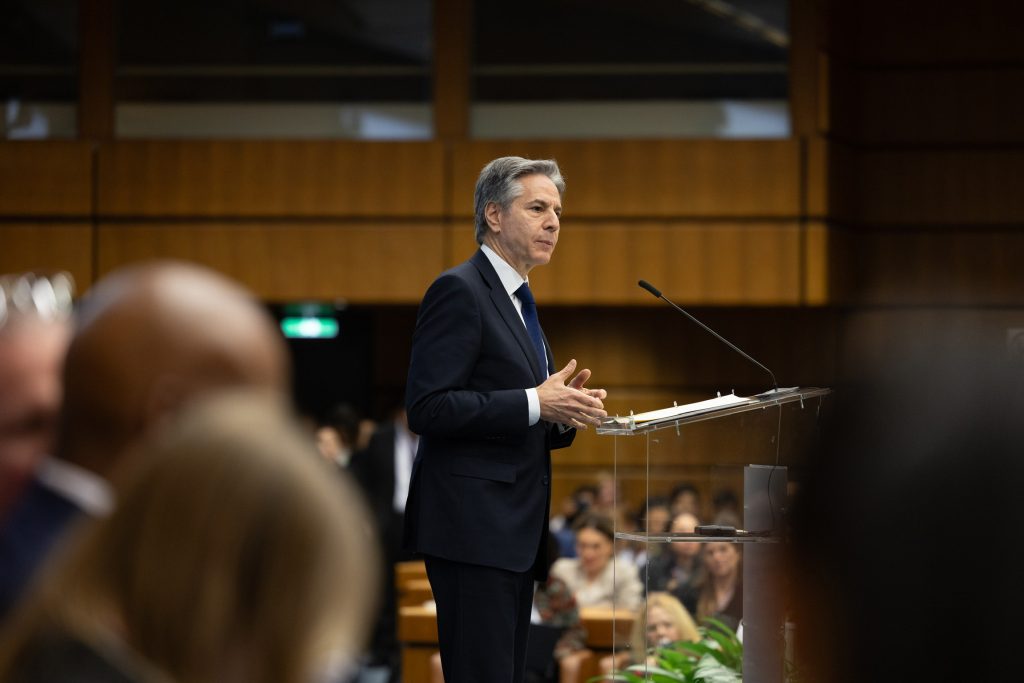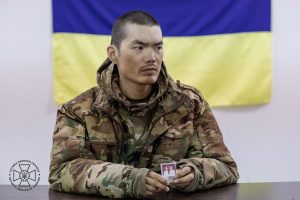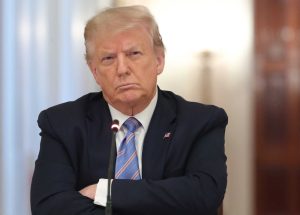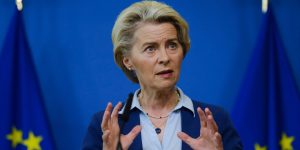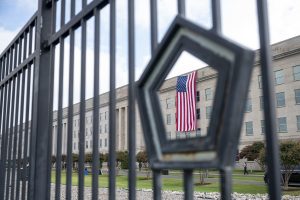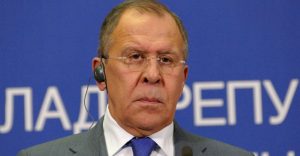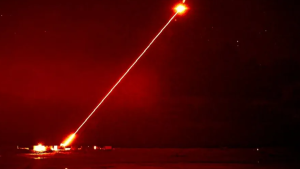The US Secretary of State has arrived in France for negotiations on Ukraine and Gaza.
Others are reading now
US Secretary of State Anthony Blinken has landed in Paris for critical discussions with French leadership, including President Emmanuel Macron, on bolstering Ukraine amid its conflict with Russia and navigating the situation between Israel and the terrorist group Hamas. This development was reported by AFP.
A Convergence on Ukraine and Beyond
Blinken’s agenda is densely packed, beginning with a deep dive into the outcomes of a Paris-hosted international conference in February aimed at rallying financial and military support for Ukraine.
The talks between Blinken and Macron are described as a critical moment to address the “escalating international crisis.”
Their meeting is part of a broader dialogue that will also see Blinken engaging with French Foreign Minister Stephane Sejournay, with an emphasis on “intensifying” aid for Ukraine.
Also read
Preparing for the NATO Summit
Further expanding the scope of their discussions, Blinken and Sejournay are set to prepare for the upcoming NATO summit in Washington this July. This preparation points to the strategic alignment between France and the US, not just on Ukraine but also on broader issues affecting global stability, including the situations in the Middle East and Sudan.
As a symbolic gesture, Blinken, accompanied by French Defense Minister Sébastien Lecorne, will visit a defense plant near Paris that produces artillery for Ukraine. This visit is not just an act of solidarity but a clear signal of the tangible support being extended to Ukraine by its Western allies.
Macron’s Stance on Western Troops in Ukraine
In a statement that has stirred considerable attention, President Macron hinted last month at the possibility of Western military involvement in Ukraine, a statement he later clarified as being deliberate and carefully considered. While emphasizing that any such deployment would be defensive, Macron’s comments reflect the ongoing deliberations among Western powers about their level of involvement in the Ukraine conflict.
As Blinken’s visit unfolds, the spotlight is on how these discussions will shape the future of international support for Ukraine, the approach to the Israel-Hamas conflict, and the broader strategy towards managing global crises.

